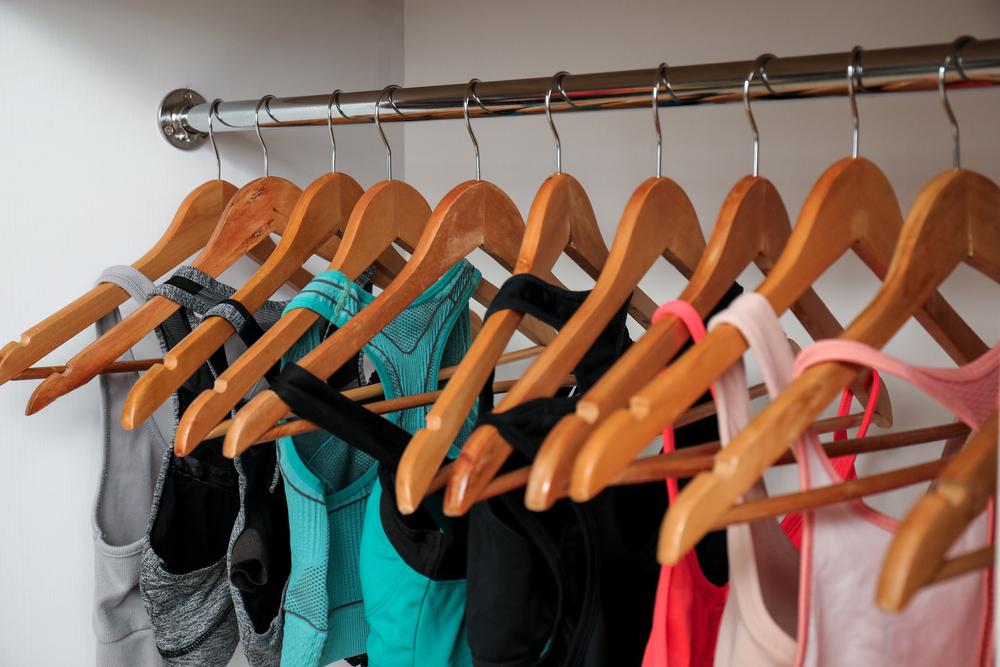 From an offhand comment about what an athlete is eating for breakfast on race day to referring to one athlete on the team as having ’the right build for the sport,’ even casual references to an athlete’s body can have long-term consequences.
From an offhand comment about what an athlete is eating for breakfast on race day to referring to one athlete on the team as having ’the right build for the sport,’ even casual references to an athlete’s body can have long-term consequences.
Here, TrueSport Expert and licensed clinical psychologist, Dr. Melissa Streno, has recommendations around what to avoid saying or discussing when it comes to eating habits, praise during practice or competition, and social media.
1. What to Avoid When Offering Encouragement/Advice
“For coaches, my recommendation is to avoid commenting about any athlete’s body—or even their own body—when talking to athletes,” says Streno. “Pull away from any comments about physical appearance, even if you think you’re saying something positive, like that an athlete is looking lean or has the right build for the sport.”
You don’t know what’s going on behind the scenes, and comments like that may actually lead to disordered eating or overtraining. Furthermore, even positive commentary can flip to feeling negative if an athlete suddenly hits a growth spurt and their body changes. They now have a basis for comparison about what their body ’should’ look like based on your previous positive feedback.
2. What to Avoid When Talking About Eating and Food
 It’s important to understand that even a casual remark about food, such as ‘No dessert until after Nationals,’ or ‘You shouldn’t eat that much pasta at dinner,’ can create negative associations with food and have long-lasting negative repercussions for athletes.
It’s important to understand that even a casual remark about food, such as ‘No dessert until after Nationals,’ or ‘You shouldn’t eat that much pasta at dinner,’ can create negative associations with food and have long-lasting negative repercussions for athletes.
“Remarks like that can send a message that certain foods are ‘bad,’ and that can lead athletes to have a negative relationship with food,” says Streno. “Remember that every athlete will have different nutritional needs.”
Unless you’re a registered dietitian, refrain from offering nutrition advice to athletes. If you’re concerned about an athlete’s food intake, bring an expert in to speak to the team instead, suggests Streno.
3. What to Avoid When Dealing with Social Media
It’s never been harder for young athletes to avoid social comparison thanks to the explosion of social media in addition to the already-common comparison that happens between teammates. Social media, however, is even more problematic since athletes are now exposed to an infinite number of images of other athletes.
How can you help athletes navigate social comparison? You can start by not making comparisons between athletes on the team and remind athletes that what they see on social media isn’t always accurate or realistic.
Making comparisons between teammates can be difficult to avoid : You may be trying to help an athlete improve his tennis swing, and in doing so, you’re pointing out how another athlete on the team has mastered that particular skill. This sets up a seemingly innocuous comparison. But, if the two athletes differ significantly in body type, the athlete who’s struggling may begin to feel as though an impossible-to-reach standard has been set. Additionally, an athlete can’t change certain factors, like their height (and other genetic markers). “Avoid pointing to one person as a ‘good example,’” says Streno.
: You may be trying to help an athlete improve his tennis swing, and in doing so, you’re pointing out how another athlete on the team has mastered that particular skill. This sets up a seemingly innocuous comparison. But, if the two athletes differ significantly in body type, the athlete who’s struggling may begin to feel as though an impossible-to-reach standard has been set. Additionally, an athlete can’t change certain factors, like their height (and other genetic markers). “Avoid pointing to one person as a ‘good example,’” says Streno.
When it comes to social media, remind your athletes regularly that what they see on that platform is likely highly curated and edited. It may also be a good idea to talk to parents about keeping an eye on the social media their young athletes are consuming, says Streno. You can’t monitor your team’s phones, but parents can.
Comparison, whether in real life or via social media, can also be based on how others speak about themselves. As a coach, you can monitor your own language by avoiding self-deprecating remarks about your own body and watch that athletes on the team aren’t saying negative things about themselves in conversation with teammates. If one athlete on the team starts talking about how they need to ‘drop 10 pounds,’ it’s likely that others on the team will pick up that cue.
What to Do Instead
“Try to bring the athlete back to asking themselves ‘How do I feel in my body?’ or ‘What makes me feel good?’ rather than placing any focus on appearance or even performance metrics,” says Streno. We’re seeing the awareness of body image starting in extremely young athletes, so shifting the focus early from appearance and performance to feeling and process is critically important.
___________________________
Takeaway
There are many ways that issues around body image can come up in conversation. As a coach, it’s more important than ever to avoid triggering phrases and advice that may be well-intentioned but can be taken in a negative way or have unintended consequences, such as casually commenting on an athlete’s body type or nutrition. So, while it’s important to have open dialogue with athletes, pay close attention to the phrasing you use and avoid giving advice in areas outside of your expertise.



